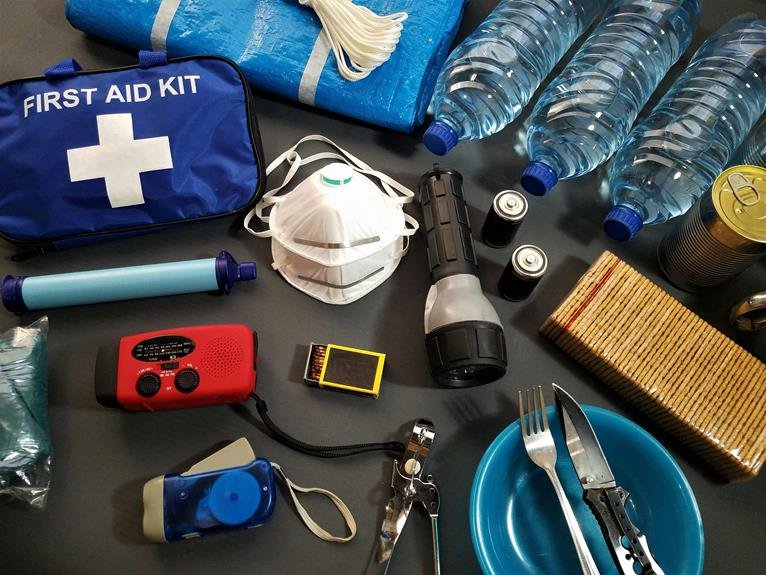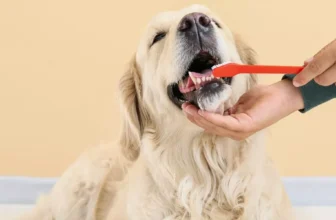
When assembling your dog's first aid kit, remember to include crucial items like bandages, antiseptic, and gauze pads for treating wounds. But what about medications like antihistamines or ointments for unexpected situations? And what other essentials should be part of your canine first aid arsenal? Preparing for emergencies is key, so make sure to equip yourself with the right tools to keep your furry friend safe and healthy.
Essential Medical Supplies
In your dog's first aid kit, packing basic medical supplies like bandages and antiseptic is crucial for addressing minor injuries promptly. These essentials are the backbone of any medical emergency kit for your furry friend. Having gauze pads, adhesive tape, and scissors allows you to quickly dress wounds and stop bleeding.
In case of minor cuts or scrapes, antiseptic wipes come in handy to clean the affected area and prevent infections. Additionally, including disposable gloves ensures that you can tend to your dog's injuries hygienically. It's also wise to have a thermometer in your kit to monitor your dog's temperature in case of illness.
Tweezers are useful for removing splinters or ticks that may be embedded in your dog's skin. By having these essential medical supplies readily available, you can provide immediate care to your dog when they need it most.
Wound Care Items
Ensuring your dog's first aid kit is equipped with proper wound care items is essential for addressing injuries effectively. When it comes to wound care, the basics are crucial. Start by including sterile gauze pads to clean and cover the wound. These pads are essential for absorbing blood and other fluids. Additionally, adhesive tape or cohesive bandages will help secure the gauze in place. Antiseptic wipes or a mild antiseptic solution can be used to clean the wound before dressing it.
Hydrogen peroxide and alcohol should be avoided as they can be too harsh and delay healing. A pair of disposable gloves is vital to prevent contamination of the wound. Scissors with rounded tips can be used to cut bandages or gauze without risking injury. Lastly, having a pair of tweezers in your kit can help remove debris from the wound. With these items in your dog's first aid kit, you can handle minor wounds promptly and effectively.
Medications and Treatments
To properly address your dog's health needs beyond wound care, consider including medications and treatments in their first aid kit. It's important to have essential medications like antihistamines for allergic reactions, hydrogen peroxide for cleaning wounds, and activated charcoal for poisoning incidents. Antiseptic ointments can help prevent infections in minor cuts and scrapes, while styptic powder is useful for stopping bleeding from nail trimming accidents. Additionally, having a pair of tweezers for removing splinters or ticks can be handy.
When it comes to treatments, items like a digital thermometer to monitor your dog's temperature, disposable gloves for handling medications, and a muzzle to prevent bites when administering treatment are crucial to have on hand. You may also want to consider including items for upset stomachs like probiotics or canned pumpkin. Remember to regularly check expiration dates on medications and replace any expired items promptly to ensure your dog's first aid kit is always ready for any health emergencies.
Contact Information and Documents
Make sure to include a readily accessible list of emergency contacts and important documents in your dog's first aid kit. In case of an emergency, having this information readily available can make a crucial difference in your dog's care.
Include your contact information, your veterinarian's contact details, as well as the contact information for the nearest emergency veterinary clinic.
Additionally, it's essential to include any relevant documents such as your dog's medical records, vaccination history, and insurance information. These documents can provide vital information to the medical professionals treating your dog, helping them make informed decisions quickly.
Keep these documents in a waterproof container or a sealed plastic bag to protect them from water damage.




